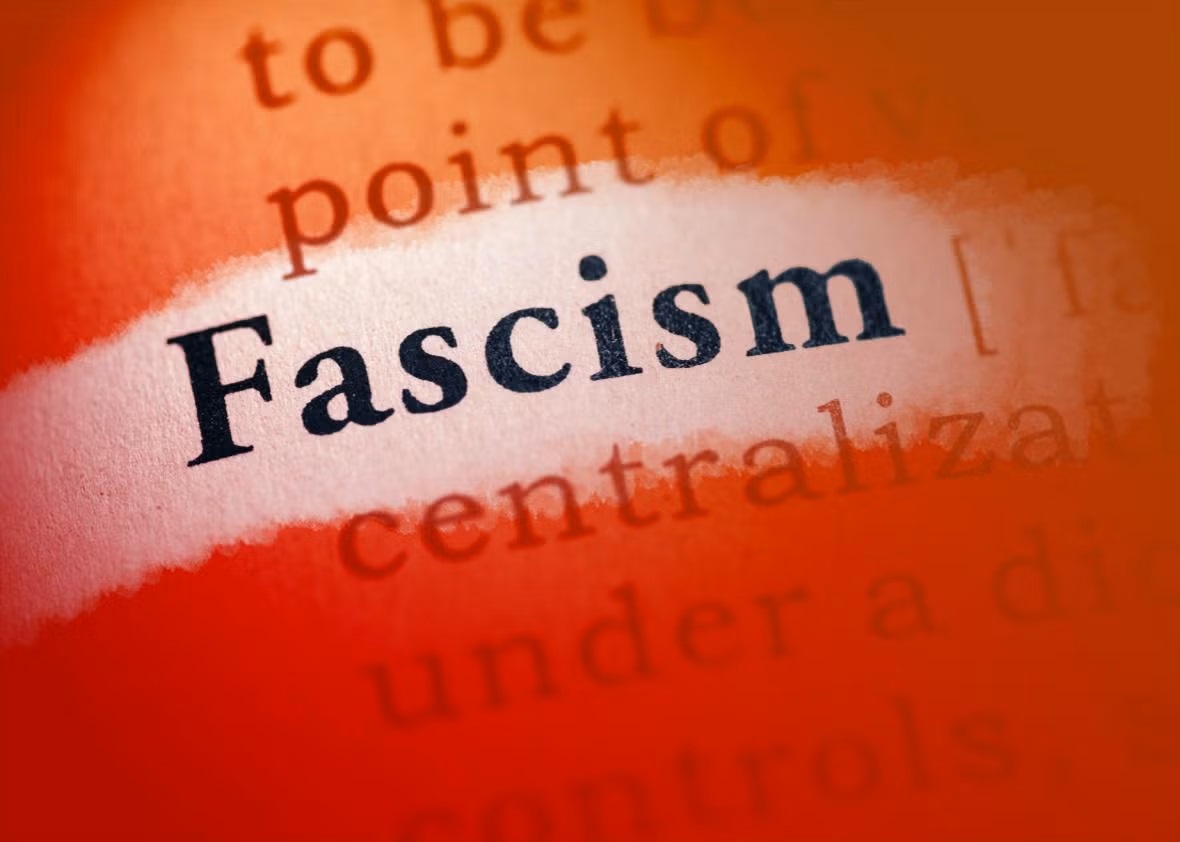In a nation increasingly divided over election security and voter access, it’s time we had an honest conversation about voter identification laws. As I recently wrote to my representatives in Congress, voting is not just a constitutional right—it’s a civic duty that comes with personal responsibilities, including the responsibility to maintain one’s eligibility to vote.
The Current Landscape
Recent years have seen intense debate over voter ID requirements. As of early 2025, 36 states have laws requesting or requiring voters to show some form of identification at the polls, with varying degrees of strictness. Meanwhile, we’ve witnessed high-profile legal battles in states like Georgia, where the Election Integrity Act of 2021 continues to face challenges and defenses, and Texas, where voter ID requirements have been repeatedly contested in court.
The Supreme Court’s 2021 decision in Brnovich v. Democratic National Committee upheld Arizona’s voting restrictions and set a precedent that has influenced voter ID legislation nationwide. This ruling signaled that states have significant latitude to implement measures they deem necessary to protect election integrity.
Why Voter ID Matters Now More Than Ever
With an estimated 11 million undocumented immigrants residing in the United States (according to the Department of Homeland Security), and certain states allowing non-citizens to obtain driver’s licenses indistinguishable from those held by citizens, the potential for electoral confusion—or worse—is significant.
Some communities, particularly in border states, have seen dramatic demographic shifts. While most non-citizens respect our electoral laws, the absence of systematic verification creates unnecessary vulnerability in our democratic process. Elections decided by razor-thin margins could potentially be influenced by even a small number of ineligible votes.
A Technology-Based Solution
Rather than continuing this patchwork approach of state-by-state regulations and endless litigation, I propose a straightforward national solution: utilizing the existing REAL ID framework to encode citizenship status in ID barcodes.
The technology already exists. When you purchase alcohol or check in for a flight, your ID barcode is scanned to verify your information. This same technology could be deployed at polling stations to instantaneously verify citizenship status when IDs are scanned.
This approach would:
- Utilize existing infrastructure rather than creating new bureaucratic systems
- Protect privacy since the citizenship status would be encoded in the barcode, not visibly marked
- Provide immediate verification at polling stations without subjective interpretation
- Create consistency across all 50 states while respecting federalism
- Eliminate concerns about discrimination by applying the same standard to everyone
Addressing Common Objections
Critics often claim voter ID laws disenfranchise minority voters, the elderly, or those with low incomes. However, a comprehensive study by the National Bureau of Economic Research examining elections from 2008 to 2018 found “strict ID laws have no significant negative effect on registration or turnout, overall or for any subgroup.”
Furthermore, the same critics rarely acknowledge that virtually every aspect of modern life requires identification—from opening a bank account to receiving government benefits to buying certain over-the-counter medicines. The notion that obtaining ID is an insurmountable barrier for significant numbers of citizens is, frankly, patronizing.
I believe in Americans’ capacity to fulfill basic civic responsibilities. Just as we expect citizens to register for selective service, serve on juries when called, and pay taxes, expecting voters to obtain proper identification is entirely reasonable.
A Matter of Personal Responsibility
At its core, this issue is about personal responsibility. In a functioning democracy, rights come with corresponding duties. The right to vote brings with it the duty to ensure one’s own eligibility and to respect the electoral process.
We should reject the soft bigotry of low expectations that assumes certain Americans are incapable of obtaining identification. Instead, for those genuinely facing hardship, we can support targeted assistance programs to help citizens obtain proper ID—without compromising on the principle that verification is necessary.
Moving Forward
The 2024 election has once again highlighted the critical importance of public confidence in our electoral systems. Regardless of partisan affiliation, we should all agree that every eligible vote should count—and only eligible votes should count.
A national, technology-based voter ID system using existing REAL ID infrastructure offers a path forward that enhances election security while maintaining accessibility for all eligible voters. It’s a common-sense solution that respects both our democratic values and the principle of personal responsibility.
I call on lawmakers from both parties to seriously consider this approach. Our democracy depends on elections that are not just free, but also fair, transparent, and trustworthy.
What do you think about implementing a national voter ID system? Share your thoughts in the comments below.



